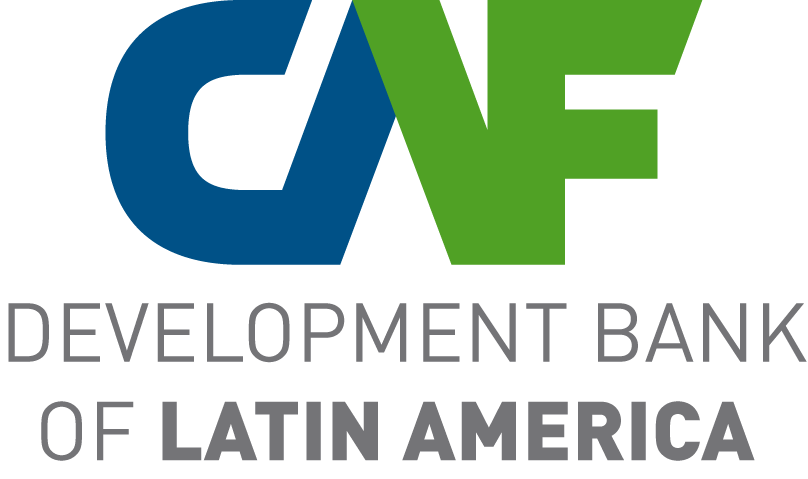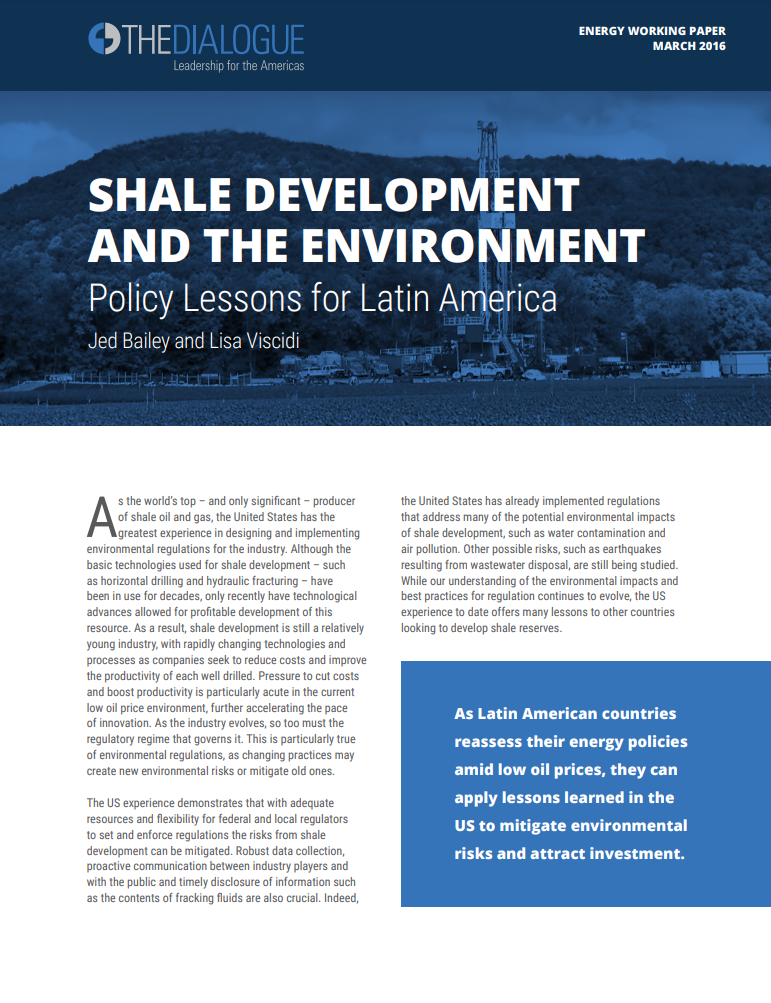Mexico: How Far Have its Institutions Really Come?
The question remains if Mexico has achieved a degree of institutional development consistent with its participation in those organizations.
This post is also available in: Español
The sharp drop in oil prices has delayed energy projects around the world, but several Latin American countries are still hoping to draw investors to their shale fields. Argentina’s new market-oriented government has vowed to increase investment in its giant Vaca Muerta shale play, Mexico is expected to auction shale blocks in late 2016 or early 2017 as part of its first bid round, and Colombia is considering including shale blocks in its upcoming oil auctions.
There are, however, several challenges to shale development in Latin America. Environmental regulations may prove to be one of the most complex issues. As Latin American countries reassess their energy policies in light of lower oil prices, there is an opportunity to apply lessons learned from the US experience to enact regulations that mitigate environmental risks, strengthen public support, and attract investment, according to a new report by the Inter-American Dialogue, sponsored by CAF-Development Bank of Latin America.
The report, by Jed Bailey, Managing Director at Energy Narrative, and Lisa Viscidi, Director of the Energy, Climate Change and Extractive Industries Program at the Inter-American Dialogue, provides recommendations for environmental regulation of the shale industry in Latin America. Specifically, the authors urge countries to allow flexibility for local regulators while maintaining minimum national environmental standards as well as to improve transparency and access to data.
Lisa Viscidi, Program Director, Energy, Climate Change and Extractive Industries
lviscidi@thedialogue.org
202-463-2571
@lviscidi

The question remains if Mexico has achieved a degree of institutional development consistent with its participation in those organizations.
Focusing on transnational crime is a top priority of the Obama administration’s policy in Latin America.
Argentine President Cristina Fernández has increased her appeals to nationalist sentiment to build domestic political support.
